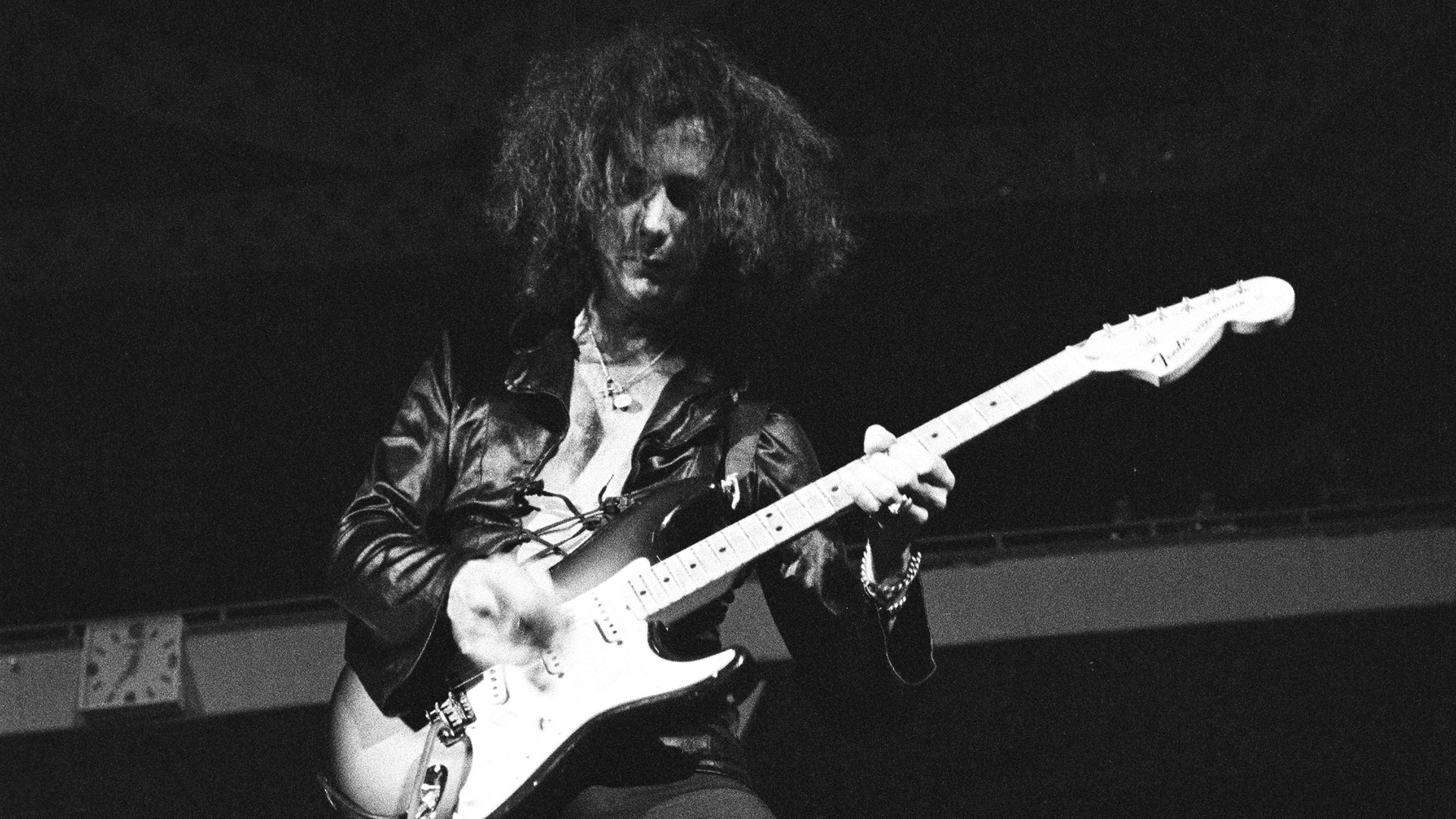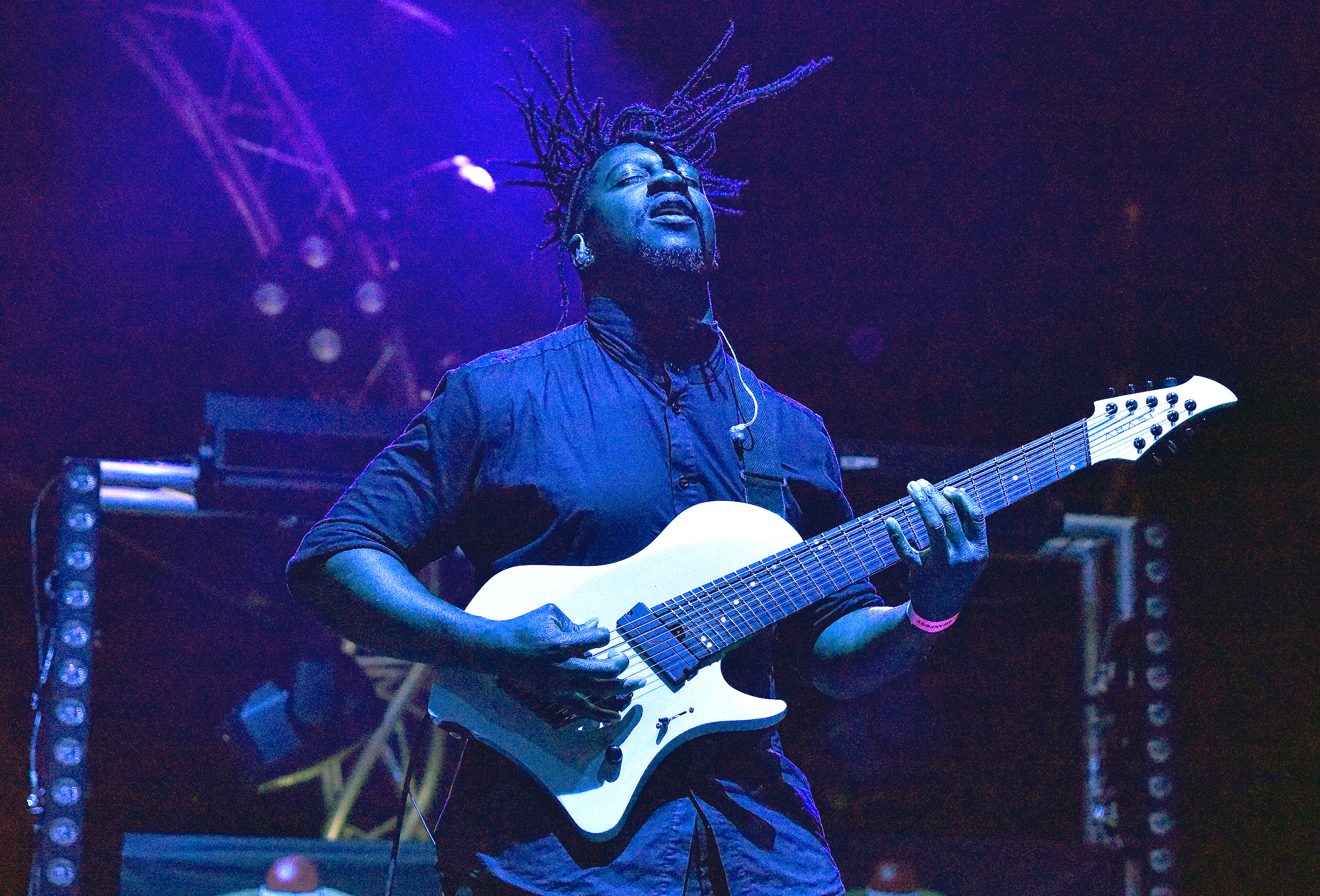
A new book examining the role of the modern guitar hero Rock Guitar Virtuosos: Advances in Electric Guitar Playing, Technology, and Culture has been published by UK-based academics Jan-Peter Herbst and Alexander Paul Vallejo – and, for a limited time, you can download it for free.
Herbst and Vallejo’s study yields some interesting conclusions about the evolution of the electric guitar virtuoso and attempts to understand how and why the role has changed since the pioneering players of the 1960s first defined the trope.
Of course, we know that guitar playing is an art form that can match any medium in its expression, innovation and communication, but it’s fair to say it’s not always treated as such by the academic world. It’s always good, therefore, to hear about new studies that take the electric guitar and its players more seriously.
Rock Guitar Virtuosos does just that: examining everything from changing techniques, to gear innovations and the economic realities facing musicians in the 21st century.

In particular, it offers some insightful observations around the Catch-22 situation created by guitarists’ concept of ‘authenticity’ – not least in the tightrope walk that is guitar playing on social media.
“Guitarists appear to be caught in a paradox,” note Herbst and Vallejo. “They cannot merely publish a spontaneously produced, seemingly authentic video of their playing, yet neither can they afford to release anything less than perfect. If performances are perfect, guitarists must prove authenticity or be accused of cheating.”
The study cites 2019 allegations that Instagram guitarists were faking their technique, with virtuosos including Manuel Gardner Fernandes and Syncatto's Charlie Robbins among the most prominent players to be accused – and vindicated – of fakery.
Herbst and Vallejo also observe an interesting trend in the emergence of a new brand of online guitar hero that, in some instances, do not even need to release albums – pointing to the likes of Ichika Nito and Mateus Asato.
It is still very much an academic text in style, but it’s one of the more up-to-date treatments we’ve seen, and one of the only studies we’ve seen that attempts to understand 2023’s guitarist ecosystem as a whole.
The downside in analyzing all of this – from the changing techniques, to the evolving guitar hero canon, the rise and fall of key musical movements, and the innumerable technological advances that players have continued to witness since the 1960s – is that it’s a pretty broad sweep of the advances alluded to in the title.

However, that is also an entirely appropriate reflection of one of the book’s main conclusions: that guitarists are required to do more than ever.
“Guitarists write, arrange, record, and produce their music in a DIY manner, often adding extra elements such as electronic beats, live electronics, and other forms of contemporary sound design,” note the authors.
“They create artwork and animated videos for their songs. They run websites and sell their music, tablature, lessons, and merchandise on other platforms. They regularly produce videos for their social media channels.
Guitarists have become ‘cultural entrepreneurs’, defined by the ‘hyphen’: virtuoso-guitarist-composer-innovator-producer-promoter-YouTuber-teacher-entrepreneur
“What once was delegated to labels, managers, or other support staff is now carried out by artists themselves. They have become ‘cultural entrepreneurs’, defined by the ‘hyphen’: virtuoso-guitarist-composer-innovator-producer-promoter-YouTuber-teacher-entrepreneur.”
That certainly chimes with what Guitar World has observed over the past decade or two. For anyone intrigued about the cultural state of the guitar virtuoso in 2023, Herbst and Vallejo’s book is an essential read.
Fortunately, you can download a free PDF copy of Rock Guitar Virtuosos: Advances in Electric Guitar Playing, Technology, and Culture until December 19 (2023).
To grab yours, just head to Cambridge University Press.







